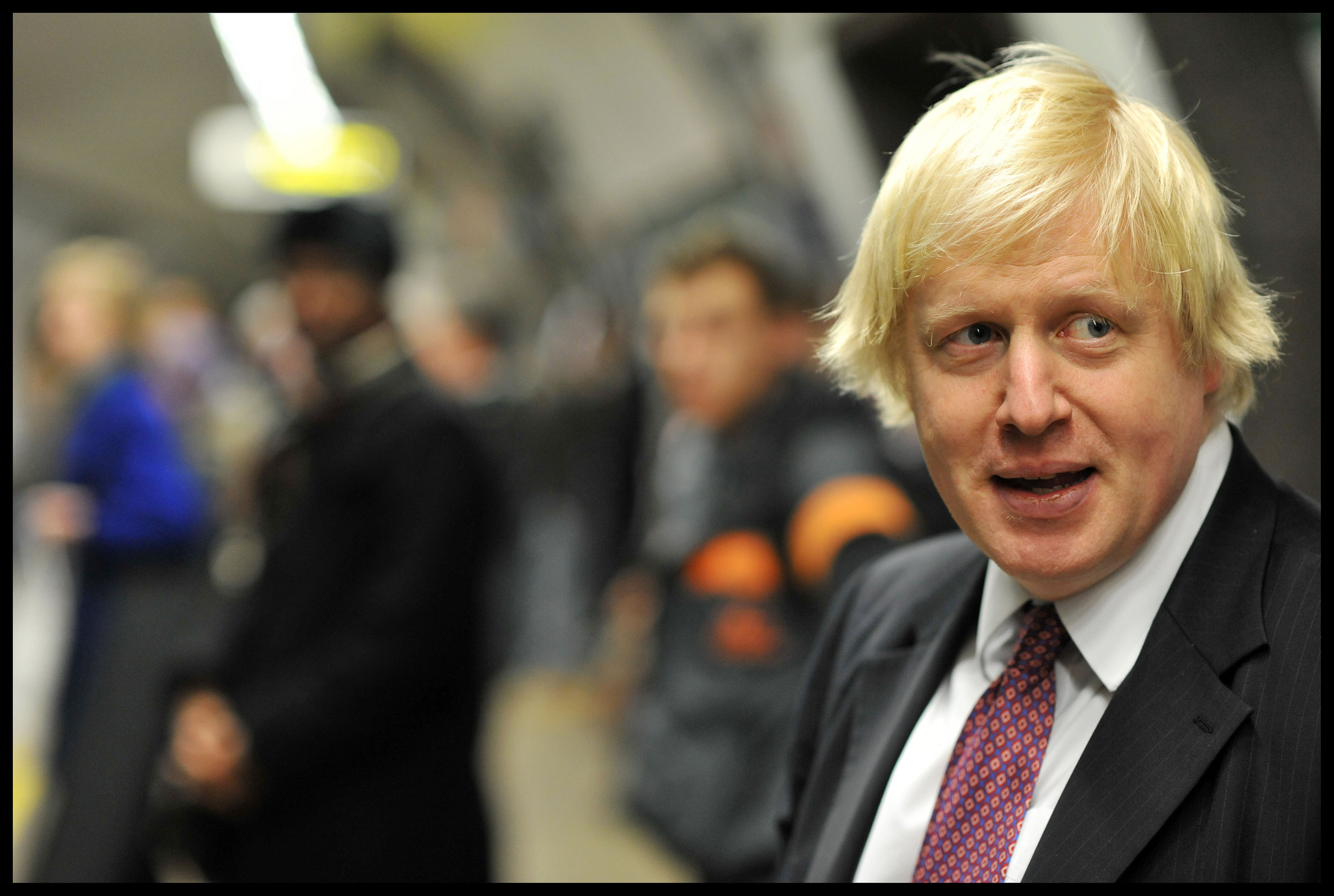Forget the fighting. We’re entering a period of unparalleled opportunity for the Tories
written for The Spectator, 1st July 2016

Image credit: BackBoris2012 Campaign (www.flickr.com/photos/53797600@N04) via freeforcommercialuse.org
Auf wiedersehen, Boris. He’ll be back, like a blond, bloated Voldemort inhabiting another life form – Top Gear host? Archbishop of York? Or endless BBC camping tours of Britain on a bike, the Portillo of the Portacabin?
As Boris’ agent collects the offers – and his publishers are still owed a Shakespeare biography by the end of this anniversary year – he leaves behind him a Conservative Party scarred but resilient. There’ll be recriminations this week. Yet there’ll also be enduring relief, as one of Britain’s oldest institutions finds itself finally free of wrangling Etonians, chaps whose Brobdingnagian entitlement so undermined the gospel of One Nation inclusivity that both presumed to preach.
It matters, then, that the final coup to Boris was delivered by the self-made son of a fish-gutter. By removing the most controversial man in the party, Michael Gove has done the cause of Conservative unity a considerable favour. Unfortunately for him, that’s not the only thing that unity requires. The EU referendum has been a collective experience in fratricide, both for party and country, and has powered feuds that may take a generation to heal. But it’s also an unparalleled opportunity in the history of the Conservative Party. A US politician recently summed up his vague awareness of British politics at an event in New York: ‘the Conservatives – you fix the economy, and then you fall out over Europe.’ Imagine, for a moment, a strength of a political party that learnt how to do one without the other.
The question of EU membership has been put to the British people and they have rejected it. Not by much of a margin, and not after any semblance of a high-information debate. But the democratic deficit has long been visible from Strasburg – just try visiting – and this referendum was called specifically to answer that complaint. Demands to overturn that result, voiced even by some MPs this week, can only amplify the roar of disenfranchisement we heard last week. The one upside, for the Conservative Party, is that after one of the longest, most rancorous debates in its history, time has been called and the floor has cleared.
So there are two modernisers in this contest, not just one. Andrea Leadsom, who has backed campaigns against new embryology procedures, the British Pregnancy Advisory Service and Marie Stopes, is every inch the traditionalist; so, despite his greater preoccupation with transatlantic politics, is Liam Fox. Stephen Crabb, who seems to be positioning himself as a David-Davis-with-tact candidate, makes the common nouveau Thatcherite mistake of focusing only on economic inclusion at the expense of social inclusion.
It’s a shame, then, that Theresa May and Michael Gove loathe each other. This contest has been coming for many years – during that time, they’ve clashed fiercely over terror prevention, especially over the approach to Islamic schools. Both are deeply principled (see Gove’s torpedo to the government’s prison deal with Saudi Arabia, if you doubt him.) Both are committed Christians. Both are modernisers, yet both have unimpeachable Tory loyalties. But are they both ready to lead the Tory Party beyond old battles?




